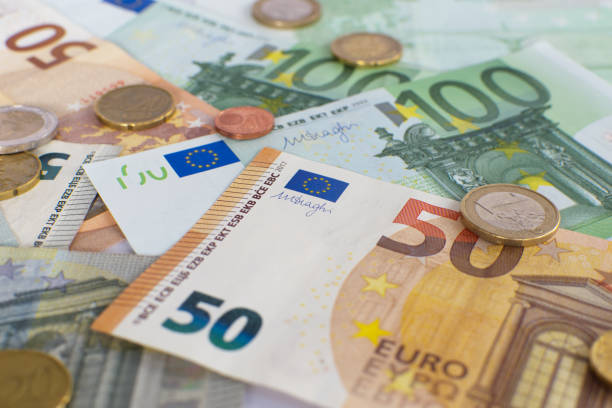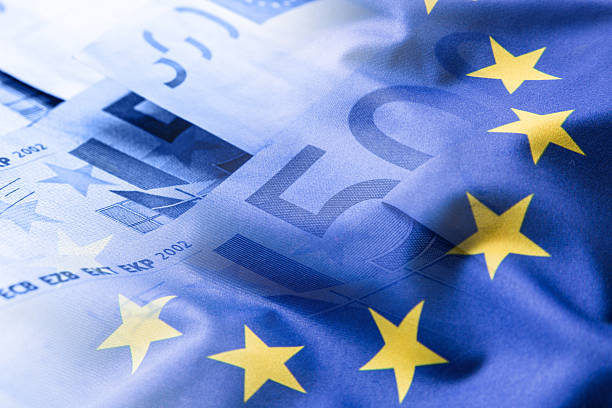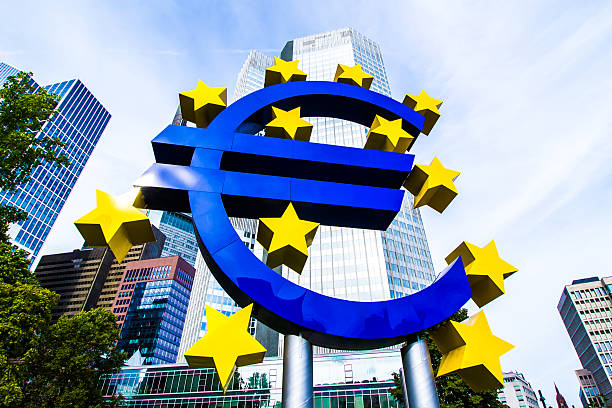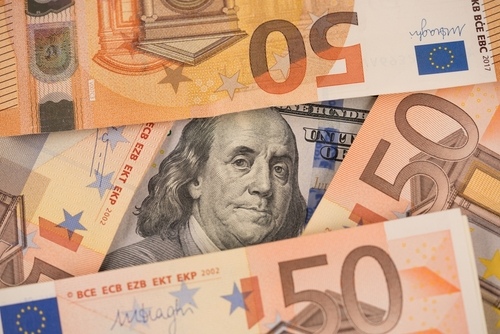EUR/GBP remains on the defensive near 0.8300 ahead of BoE rate decision

- EUR/GBP remains under selling pressure around 0.8315 in Thursday’s early European session.
- The UK central bank is likely to cut the benchmark rate by 25 bps at its November meeting on Thursday.
- German Industrial Production came in at -2.5% MoM in September vs. -1.0% expected.
The EUR/GBP cross extends its downside to near 0.8315 on Tuesday during the early European session. The Bank of England (BoE) interest rate decision will be in the spotlight on Thursday.
The BoE is widely expected to cut interest rates on Thursday, bringing the benchmark rate to 4.75% from 5.0%. Political developments will influence the central bank's decision on Thursday, particularly last week's Budget given by Chancellor Rachel Reeves. The UK officials stated that they would push inflation and interest rates higher in the short term, triggering more doubt about whether the UK central bank will cut interest rates again following its meeting in December.
The expectation that the BoE would cut rates less aggressively than the European Central Bank (ECB) could provide some support to the Pound Sterling (GBP) and cap the upside for the cross in the near term.
The ECB has already reduced rates three times this year as inflation risks in the Eurozone ease faster than expected. The rising ECB rate cut bets exert some selling pressure on the shared currency. Money markets see the ECB cut rates by around 125 basis points (bps) over the next year.
Data released by Destatis on Thursday showed that Germany’s industrial sector activity declined by 2.5% MoM in September versus a rise of 2.6% (revised from 2.9%) in August, weaker than the estimation of 1.0% decline. The Euro remains weak in an immediate reaction to the downbeat Industrial Production data.
BoE FAQs
What does the Bank of England do and how does it impact the Pound?
The Bank of England (BoE) decides monetary policy for the United Kingdom. Its primary goal is to achieve ‘price stability’, or a steady inflation rate of 2%. Its tool for achieving this is via the adjustment of base lending rates. The BoE sets the rate at which it lends to commercial banks and banks lend to each other, determining the level of interest rates in the economy overall. This also impacts the value of the Pound Sterling (GBP).
How does the Bank of England’s monetary policy influence Sterling?
When inflation is above the Bank of England’s target it responds by raising interest rates, making it more expensive for people and businesses to access credit. This is positive for the Pound Sterling because higher interest rates make the UK a more attractive place for global investors to park their money. When inflation falls below target, it is a sign economic growth is slowing, and the BoE will consider lowering interest rates to cheapen credit in the hope businesses will borrow to invest in growth-generating projects – a negative for the Pound Sterling.
What is Quantitative Easing (QE) and how does it affect the Pound?
In extreme situations, the Bank of England can enact a policy called Quantitative Easing (QE). QE is the process by which the BoE substantially increases the flow of credit in a stuck financial system. QE is a last resort policy when lowering interest rates will not achieve the necessary result. The process of QE involves the BoE printing money to buy assets – usually government or AAA-rated corporate bonds – from banks and other financial institutions. QE usually results in a weaker Pound Sterling.
What is Quantitative tightening (QT) and how does it affect the Pound Sterling?
Quantitative tightening (QT) is the reverse of QE, enacted when the economy is strengthening and inflation starts rising. Whilst in QE the Bank of England (BoE) purchases government and corporate bonds from financial institutions to encourage them to lend; in QT, the BoE stops buying more bonds, and stops reinvesting the principal maturing on the bonds it already holds. It is usually positive for the Pound Sterling.







